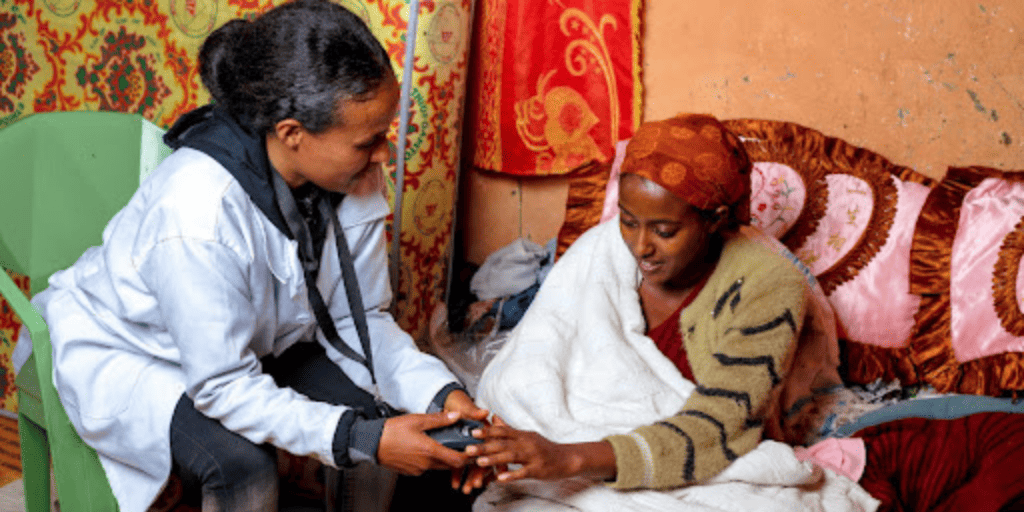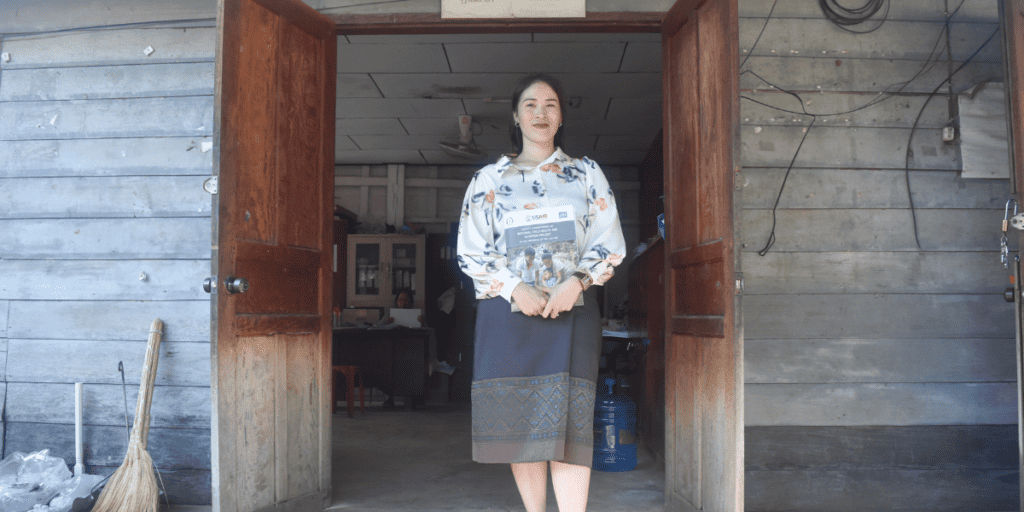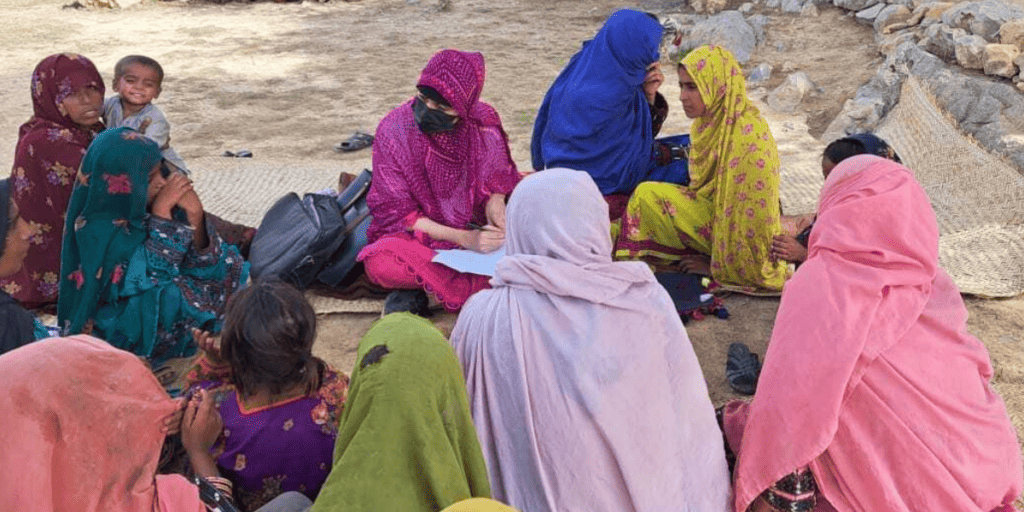This website uses cookies so that we can provide you with the best user experience possible. Cookie information is stored in your browser and performs functions such as recognizing you when you return to our website and helping our team to understand which sections of the website you find most interesting and useful.
Last year, USAID Assistant Administrator for Global Health Atul Gawande opened his remarks at the International Conference on Primary Health Care with some staggering statistics: By 2030 there will be an estimated shortage of 10 million health workers worldwide. Nearly half of this shortage will be experienced on the African continent. Many countries struggle to meet WHO’s international minimum target of 44.5 health workers for every 10,000 people. Caused by low salaries, unsafe working conditions, poor infrastructure, and a lack of community trust, the shortage itself is also exacerbating health worker burnout. A deficit of this magnitude will have increasingly severe consequences for health systems and the people who work in and are served by them.
Without workers, gains in access, quality, and innovation in health care are certain to recede. How do we ensure that all health professionals, from those leading national programs and operating medical supply chains and health information systems to those counseling and caring for clients, are supported?
This World Health Worker Week, JSI joins partners to call for a renewed commitment and investment in a safe and supported global health workforce. Through our collaboration with health workers, and evidence generated by our work around the globe, we’ve identified specific approaches that meaningfully support their work.
First and foremost: listen to health workers
Primary health care workers in the U.S. have faced burnout for years. In response to this crisis, the Health Resources and Services Administration (HRSA) partnered with JSI to evaluate the well-being and job satisfaction of staff throughout the health sector. HRSA and JSI are now using the results of this survey to inform efforts to prevent burnout among this workforce. Read more.


Use new technology and automation to lighten the load
Electronic community health information systems give community health workers access to job aids and automation in reporting. In Ethiopia, where innovations in technology across the health sector are prioritized and scaled thoughtfully, the all-female community health extension worker cadre has realized the benefits of using this technology. Read more.
Invest in careers for the next generation
In Zambia, a JSH-led project is dedicated to scaling up the next generation of the country’s medical supply chain management system. The project offer internships to young people, particularly women, teaching each how to code and optimize in an open-source electronic logistics management system, while they gained science, technology, engineering, and math experience. Read more.


Create paths to leadership
The leadership, management, and governance (LMG) approach to reimagined technical assistance builds health program manager skills and confidence. In Laos, JSI is working with provincial health program managers to strengthen their LMG skills and support better health outcomes in their communities. Read more.
Invest in health workers’ continued education
In Pakistan, JSI supports clinicians to pursue graduate degrees in public health. This investment has led to a stronger and more resilient health care workforce. Read more.


